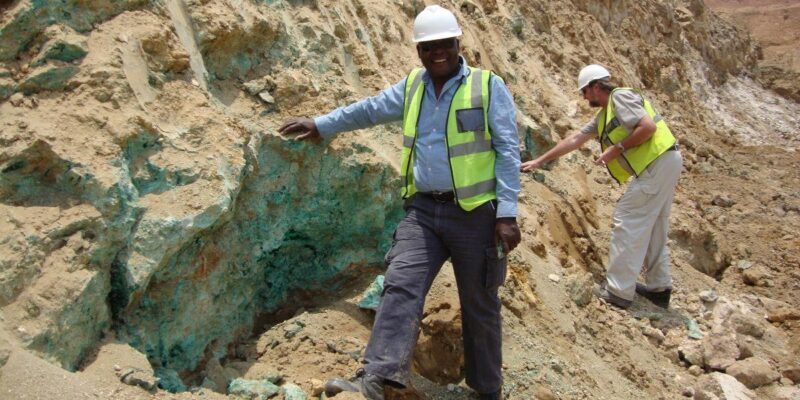DRC Establishes Geological Research Zones to Boost Transparency and Revive Exploration
The Democratic Republic of Congo (DRC) has adopted a long-awaited decree to establish and regulate Geological Research Zones (ZRG), marking a major step in reforming its mining sector.
The decision was made during the 38th ordinary session of the Council of Ministers on Friday, April 4, 2025, where Minister of Mines Kizito Pakabomba presented the draft decree.
The reform addresses years of regulatory ambiguity that hindered geological prospecting efforts across the country. “The Mining Code provides no clear framework for creating these zones,” the minister noted, emphasizing the negative impact this gap has had on the Mining Registry (CAMI) and the National Geological Survey of Congo (SGN-C).
The decree aims to clean up a sector plagued by informal operations, overlapping licenses, and poor oversight, particularly in neglected or abandoned mining areas.
With this decree, Geological Research Zones now have a defined legal status, formal registration, and recognized mapping. This clarity allows the SGN-C to resume geological surveys in previously overlooked or poorly documented areas and offers investors greater legal certainty and operational transparency.
The reform builds on earlier efforts by the government to improve governance in the mining sector. In 2023, Kinshasa revoked several inactive mining titles as part of a broader clean-up campaign.
The new framework for ZRGs is seen as a continuation of those efforts to reestablish order and credibility in one of the DRC’s most critical industries.
Beyond technical regulation, the decree also signals the government’s intent to assert greater control over its mineral wealth. “The goal is clear: to ensure that the country’s natural resources benefit the Congolese people,” Minister Pakabomba stated.
As global demand for strategic minerals continues to grow, Kinshasa is working to ensure that control of its resources is not left solely to private or foreign interests.
The move has been widely welcomed, though successful implementation will depend on the logistical and financial capacity of state institutions tasked with enforcement and oversight.
This reform represents a turning point in the DRC’s approach to mining governance—laying the groundwork for more sustainable, transparent, and nationally beneficial resource development.
53 total views , 2 views today





